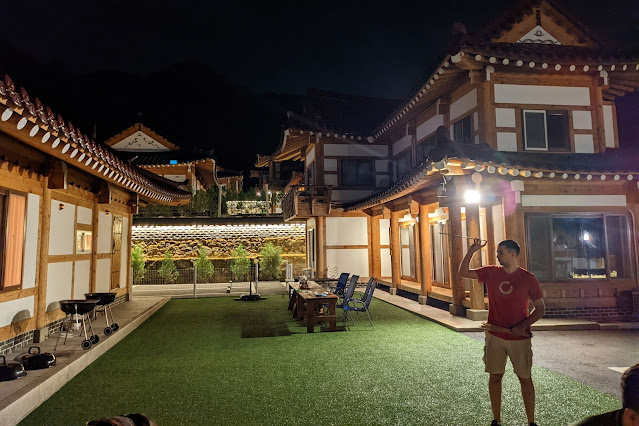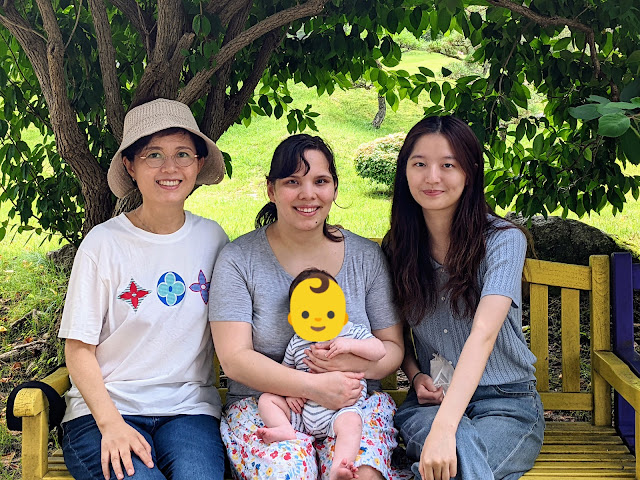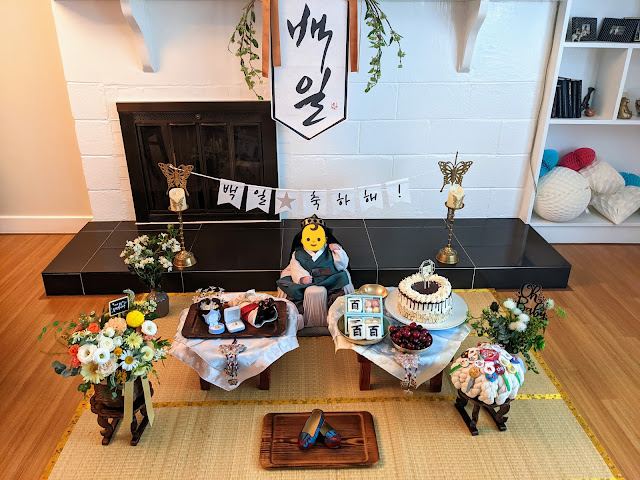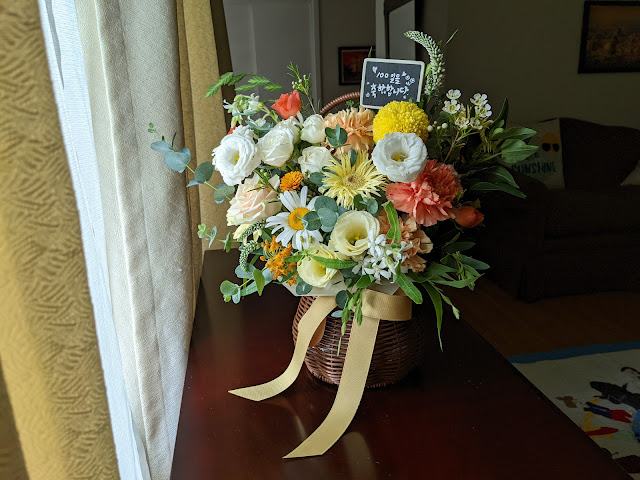
When it's time for me as a Foreign Service Officer (FSO) to "bid on" (i.e., apply and compete for) my next job, there are hundreds of potential vacancies. A big part of the bidding process is combing through those vacancies and narrowing down the jobs that I'm interested in, and eventually which ones I want to rank higher. Every person and family has a different way of identifying the jobs and posts that might be a good fit for them, but in case it's helpful as a data point I wanted to share what we do.
Even though the Foreign Service is my career, it's also a major lifestyle for not just me but the whole family. I never understood diplomats who seem to want to coerce or bully their family members into coming along for the ride or dragging them to posts against their will. I won't even waste my time bidding somewhere that M doesn't want to go, and he has what we call the Spouse Veto. No matter how badly I want a particular job, if M pulls out the Spouse Veto then I will drop it from consideration before the bidding process even really starts. To his credit, M isn't high maintenance and almost never uses the Spouse Veto. He has only used it twice, for two posts I will not name here, and both were for the same reason: bad Internet. High-speed, reliable, and affordable Internet is crucial for M's work and quality of life, and he has to live wherever I'm assigned for years. It's perfectly reasonable to me that we make this our priority.
If the post clears M's Internet standards, then I want to make sure the job meets my requirements. At this stage in my career, I'm not looking to bid any "stretch" positions up or down. In other words, I want to bid positions that are a match for my rank and not above or below. I know some Foreign Service Officers are eager to bid stretch positions up to try and hasten promotion, but for someone like me who was just promoted and who hopes to enjoy a long career in the Foreign Service before retirement, I'm in no rush at the moment. (That could change if I start getting too close to the Time in Class (TIC) limit; we have a certain number of years at each level by which we must get promoted or we'll be unceremoniously pushed out of the Foreign Service.)
I'm not too strict about bidding only "in-cone" jobs at this stage in my career, either. I am a Public Diplomacy (PD)-coned officer with one PD tour under my belt, so I'm happy to do another PD tour or venture outside of my cone and come back to it later. The most important thing to me is that the work is exciting to me. That means I might consider an Economic (ECON) Officer tour if the portfolio covers technology, something I'm relatively knowledgeable and passionate about, for example. There are also certain regions I'm interested in due to the history, culture, or current priority issues. I take all of these into consideration when I'm adding jobs to my shortlist.
Of course, I also do think strategically about how a position may help my career long-term or make the most sense for me right now. Because I'll be coming off of a one-year staff assistant tour in the Near East Affairs (NEA) Front Office, I am focusing my energy this bidding cycle on NEA jobs where I know my recent DC experience will be an extra advantage. (People also commonly refer to the Near East as the Middle East and North Africa.) Jobs with supervisory potential also get a bonus from me because I haven't formally managed staff in the Foreign Service yet except in temporary, acting roles. I'm also leaning toward a job that is not language-designated because I so recently finished spending a year learning Korean and would like more of a break. Plus, it makes more financial sense not to start a language when coming off a DC tour because you're not eligible for many benefits you would receive if transferring between two overseas posts. These things are not dealbreakers for me, but they do help me narrow down the list.
S is still too young for schools to be a factor, but the next time I bid we will be looking at schools. M and I are not 100% decided yet, but we are considering enrolling S in a standardized school system such as the international German school system so that there's a little more uniformity in his education across posts. We both agree, though, that most Foreign Service kids are extraordinarily resilient and will adapt to whatever educational environment they're in as long as it's safe. (We also agree that services like GreatSchools and its international equivalents do more harm than good, with ratings correlating more closely with race and wealth than anything useful.)
I don't think this is particularly common, but a mentor of mine who excels at bidding told me she also looks at the most recent OIG (Office of the Inspector General) reports for posts on her shortlist. If a post has a recent history of malfeasance, toxic workplace culture, or other problems it will often come through in the OIG report. I have also found it useful, but moreso at the later stages of bidding once I have a manageable shortlist (because trust me when I say those reports are long).
Lastly, every stage of the bidding process allows me to refine my list a bit more. I already wrote a post about informational interview red flags, but there are plenty of other reasons to move a job down or off your bid list entirely at some point while bidding. Sometimes posts will send you hints (or tell you outright) that you're not competitive for a job or that they already have another candidate in mind, and those are not worth investing much time and energy in. If you discover that a position is extremely highly bid and you were on the lower end of relevant qualifications, it's also safe to assume that your chances of winding up at the top of their list are also slim. In other cases the timing of the job might change or the position might be reclassified at a different rank, so you have to stay on top of anything that might affect your eligibility and desire to pursue the opening. Other opportunities might jump up or down my list based on the other people who I find out will be at that post, especially if I know the person who will be my supervisor. Regular tweaking has been helpful for keeping my bid list realistic and giving me the best possible chances of a handshake (i.e., a job offer) at the end.
The #1 most important rule for us in putting together and updating my bid list is flexibility. If you are flexible in as many areas as possible, then it's much more likely you can ensure that you don't have to compromise on the things that matter most to you (in our case, that's keeping our family together and having great Internet). It's also worth noting that a lot of the strict "rules" around bidding are more like guidelines with many exceptions being made all the time for folks who know how and whom and when to ask. (Last bidding cycle, for example, I was told that under absolutely no circumstances could I bid early and my departure date from South Korea was fixed. I ended up getting permission to interview early if I was up front with offices about my scheduled departure date. Ultimately, I got my top choice job from bidding early and received an exception that allowed me to shift my departure date earlier to make it work.)
I hope this advice is helpful to others who are in the early stages of figuring bidding out or who might wonder what factors one Foreign Service Officer and her family consider when going for their next assignment. If you asked 100 different diplomats how they narrow down their bid lists, I'm sure you'd get 100 different answers. So please treat this post as the sole data point it is, and I wish all readers bidding this year the best of luck!



















